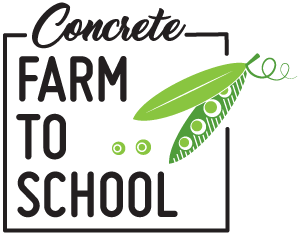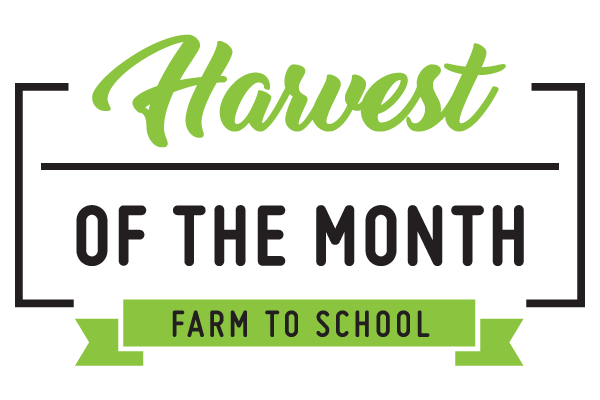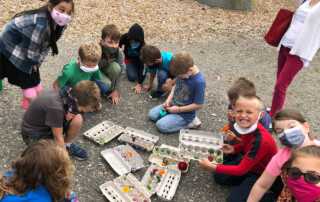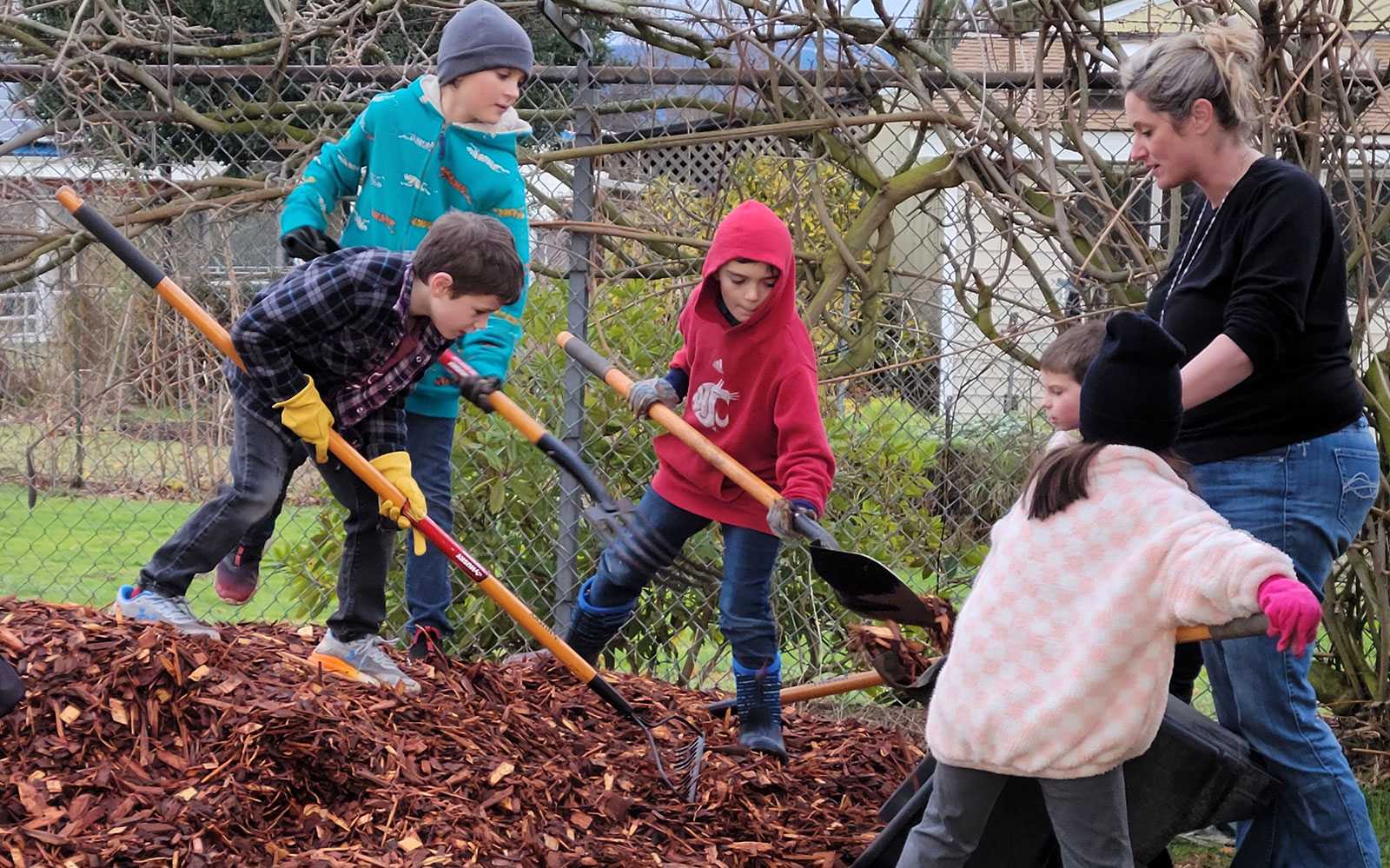FARM TO SCHOOL
Connecting children and families to local food in the cafeteria, classroom, and community
Schools Benefit
Farm to School changes food purchasing and education practices at schools, early care providers, and other education settings. Students, teachers, and staff gain access to healthy, local foods as well as enrichment opportunities such as school gardens, cooking lessons, and farm field trips. Kids who garden are more likely to eat fruits and vegetables and students who eat high-quality meals are ready to learn and grow!
Families Benefit
Farm to School teaches students about where their food comes from and encourages curiosity and open-mindedness. Parents report that their children ask for more produce at home! Kids are more likely to help out in the kitchen and garden and share what they are learning with their family!
Farmers Benefit
Farm to School creates demand for local produce, assisting school food service programs in purchasing fruits and vegetables from local farmers and encouraging students to be conscientious consumers.

The mission of Concrete Farm to School is to build resilient students and families by providing access to healthy local foods, nutrition and culinary education, and hands-on gardening activities. We don’t expect that every student will become a farmer or a cook, but Farm to School helps young people, and their community, reach their potential.
Most Recent Blog Post
Elementary Fall Garden is Back
Concrete Elementary 3rd graders showing off their egg carton collection activity this week in the garden. Elementary Fall Garden is Back! Article by: Becky
Sedro-Woolley Farm to School
Our growing Farm to School program in the Sedro Woolley School District (SWSD) focuses on two main areas: increased scratch cooking in school kitchens and the integration of hands-on education in school gardens.
In the kitchen, we work with SWSD Food Service staff to support the procurement and processing of local products by building relationships with local farms and offering practical trainings. Our Harvest of the Month program complements these efforts by offering students taste tests of local fruits and vegetables and education on how and where they were produced. We also support a growing number of school gardens in the SWSD with integrated outdoor learning, trainings on best practices, and technical assistance. We believe that garden-based education has the life-changing potential to get students outdoors and make real-life connections to classroom content!
School Gardens in Sedro-Woolley
See What’s New at SW Farm to School

Harvest of the Month is a SNAP-Ed funded program that connects local farmers to local school districts. Harvest of the Month is a great way to support local farmers, allow students to try new foods, and encourage healthy eating in and out of the school setting.
- Local produce is purchased from a farmer each month
- We partner with food service staff to serve produce to every elementary school in the Sedro-Woolley and Concrete school districts!
- Students taste-test the fruit or vegetable in their classroom with their teachers
- We interview local farmers and share the videos in the classroom
- Produce is served in school cafeteria salad bars later in the month

Harvest of the Month is funded by USDA’s Supplemental Nutrition Assistance Program – SNAP.
This institution is an equal opportunity provider.
Este material se desarrollo con fondos proporcionados por el Supplemental Nutrition Assistance Program – SNAP.
Esta institucion es un proveedor de igualdad de oportunidades.








